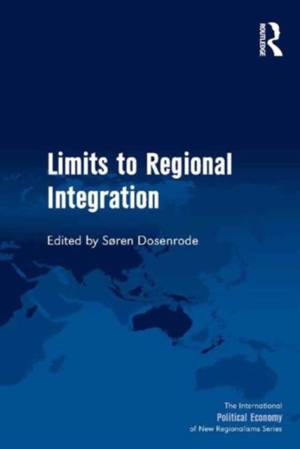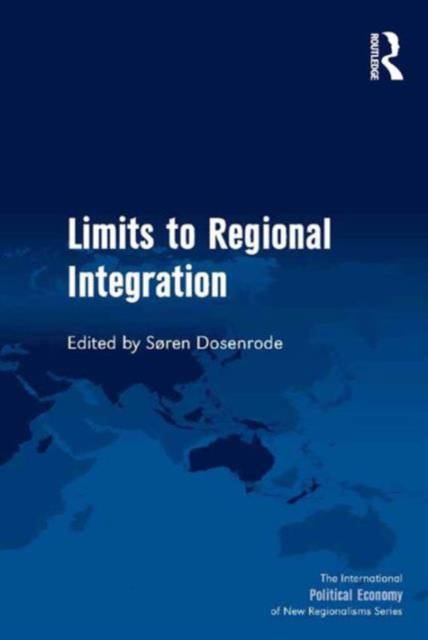
- Afhalen na 1 uur in een winkel met voorraad
- Gratis thuislevering in België vanaf € 30
- Ruim aanbod met 7 miljoen producten
- Afhalen na 1 uur in een winkel met voorraad
- Gratis thuislevering in België vanaf € 30
- Ruim aanbod met 7 miljoen producten
Zoeken
€ 195,95
+ 391 punten
Omschrijving
Regionalization in general and regional integration in particular have taken place at a growing pace since the end of the Cold War, when states were set free from various security overlays. Regional integration is 'logical' as it is supposed to advance wealth and peace. Still, the picture is far from clear and the process of regional integration is not automatic; disintegration takes place, as we saw in the cases of the Soviet Union, Yugoslavia and Czechoslovakia to mention a few. This is the case not only in states recently brought together but also in traditional states like Britain, The Netherlands and Spain where strong groups strive for independence. In some places regionalization is flourishing, but regional integration is not. Some regional integration projects like the North American Free Trade Agreement and Mercosur seem to stagnate. Certainly there are limits to regional integration. This comprehensive volume, written by high profiled academics, covers these themes by examining eleven cases ranging from the lack of integration in the Arctic and the Middle East, to ongoing or progressing integration in Europe to uncover what 'blocks' regional integration, the results of which are used for developing new theoretical insights.
Specificaties
Betrokkenen
- Auteur(s):
- Uitgeverij:
Inhoud
- Aantal bladzijden:
- 288
- Taal:
- Engels
- Reeks:
Eigenschappen
- Productcode (EAN):
- 9781472453341
- Verschijningsdatum:
- 28/02/2015
- Uitvoering:
- Hardcover
- Formaat:
- Genaaid
- Afmetingen:
- 156 mm x 233 mm
- Gewicht:
- 675 g

Alleen bij Standaard Boekhandel
+ 391 punten op je klantenkaart van Standaard Boekhandel
Beoordelingen
We publiceren alleen reviews die voldoen aan de voorwaarden voor reviews. Bekijk onze voorwaarden voor reviews.












